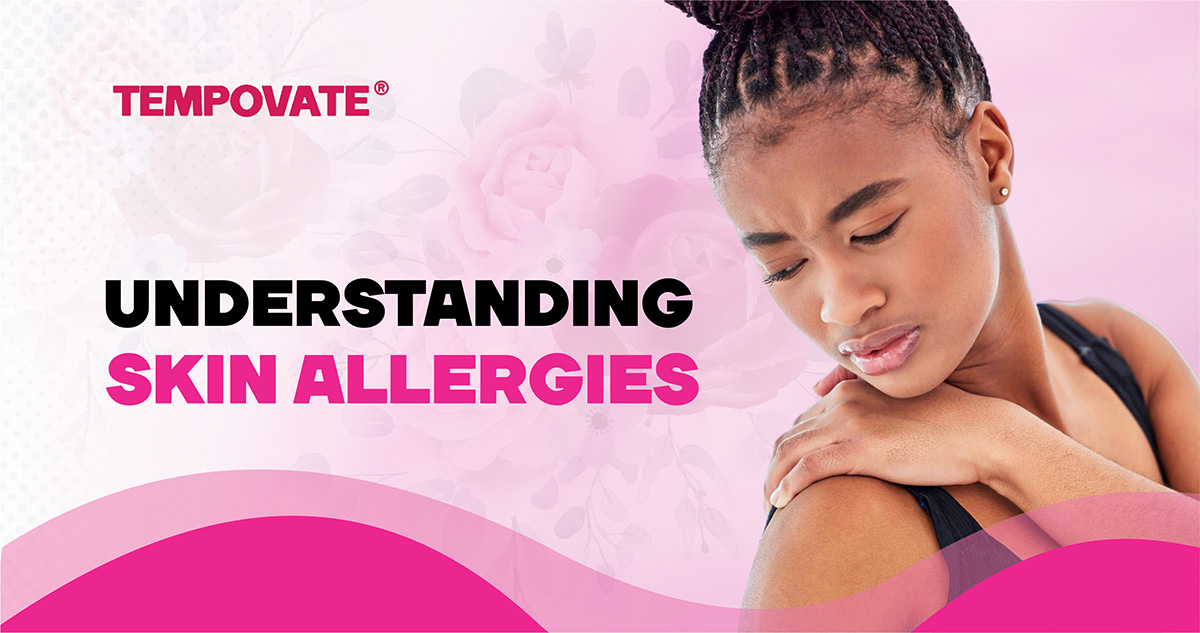
Skin allergies occur when your immune system overreacts to a substance that it perceives as a threat. This substance, called an allergen, can be anything from common household items like detergents and fragrances to natural elements like pollen or certain foods. When your skin comes into contact with the allergen, your body releases histamine and other chemicals, causing inflammation, redness, itching, and even blistering.
Types of Skin Allergies:
Contact Dermatitis: This is the most common type, triggered by direct contact with an allergen. It can be either irritant contact dermatitis, caused by substances that irritate the skin, or allergic contact dermatitis, a more severe reaction to specific allergens.
Atopic Dermatitis (Eczema): This chronic condition is often triggered by allergens but also involves genetic predisposition and environmental factors. It manifests as itchy, red, and dry patches of skin.
Food Allergies: While not directly a skin allergy, food allergies can cause skin reactions like hives, swelling, and eczema.
Common Triggers:
Metals: Nickel, gold, and cobalt are common culprits in jewelry and other metal objects.
Chemicals: Detergents, soaps, fragrances, and preservatives in cosmetics can cause reactions.
Latex: Found in gloves, balloons, and some clothing, latex can trigger severe reactions.
Medications: Certain medications, particularly topical ones, can cause allergic reactions.
Diagnosis and Management:
Avoiding the Allergen: This is the most important step in preventing further reactions.
Topical Corticosteroids: These creams or ointments reduce inflammation and itching.
Antihistamines: Oral medications that block histamine release, reducing symptoms.
Moisturizers: Keeping the skin hydrated can help prevent dryness and irritation.
While skin allergies can be challenging, understanding your triggers and taking preventative measures can significantly improve your quality of life. Learning to choose hypoallergenic options, and practicing good hygiene are all important steps.

Ending the year with confidence in your skin is a journey, not a destination. As the year ends, it’s the perfect time to reflect on self-care and focus on what helps you feel your best.

As the harmattan winds begin to blow, bringing with them a noticeable drop in humidity, our skin often bears the brunt of the changing weather.

Healthy, glowing skin isn’t just about expensive products, it’s about consistent habits that nourish and protect your skin every day.